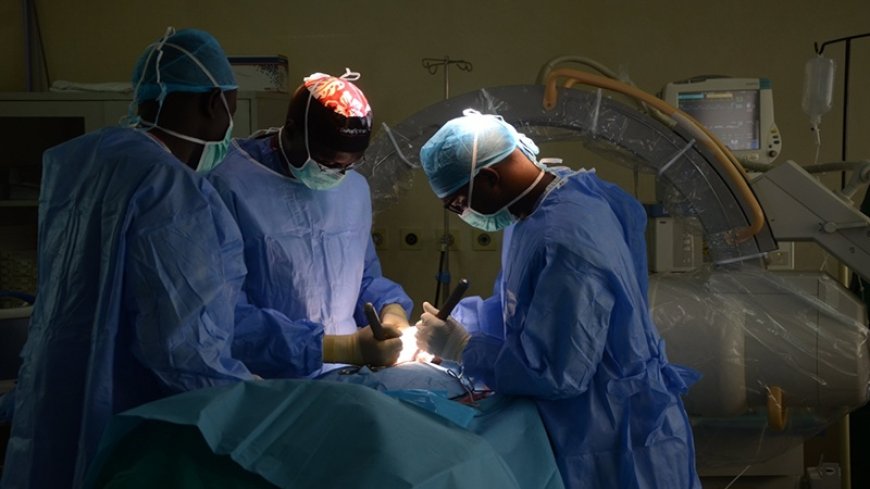WHO: The focus of health systems in Africa depends on the availability of energy
The World Health Organization (WHO) has said that the large-scale distribution of electricity in rural health centers in countries located south of the Sahara desert is important in promoting the ability of the African continent to deal with outbreaks of various diseases.

Salvatore Vinci, WHO's sustainable energy consultant has said that the attention and quality of health services for all people in Africa and most of the Southern part of the world will depend on connecting health centers with electric power to support the effectiveness of its work such as areas for storing vaccines and operating laboratory machines for taking tests for various diseases.
He has emphasized the responsibility of investing heavily in the availability of reliable energy and has called on the governments of the respective countries as well as donors to close the gap of lack of reliable electricity in Africa.
Vinci has also said that 15 percent of health centers in countries south of the Sahara Desert still do not have electricity, and this fact undermines efforts to reduce the burden of diseases caused by poverty, war and climate disasters.
He added that electricity using solar energy in health centers in Africa is very important in reducing the deaths of mothers and infants as electricity will be able to improve reproductive and vaccination services.
He also said, by using clean energy sources including the sun and wind, developing countries in Africa will benefit from health systems that can deal with many disasters related to climate change.













































